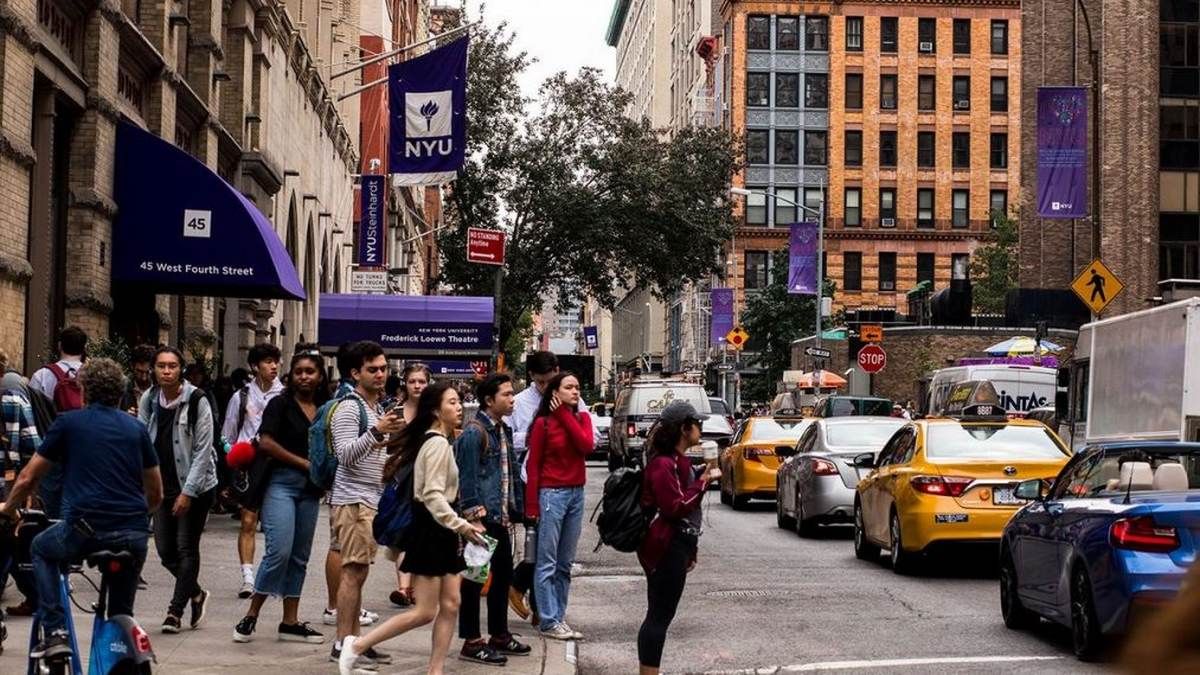US Chamber of Commerce Sues Trump Admin Over $100K H-1B Visa Fee Hike
The lawsuit challenges a potentially prohibitive H-1B visa fee, highlighting a critical clash between business needs for skilled talent and restrictive immigration policies.

Subscribe to our newsletter and stay informed about latest H1B news, policy updates and and other developments.
Article Summary
The Trump administration introduced a $100,000 fee on new H-1B visas, claiming the program displaces American workers. In response, the US Chamber of Commerce has filed a lawsuit, arguing the fee is cost-prohibitive for US businesses, especially startups and small firms, and exceeds the President's statutory authority. The Chamber asserts the fee goes against Congress's intent for the H-1B program and the administration's pro-growth agenda.
Original Article: theprint.in
[ Sentiment: negative | Tone: factual ]
This summary and analysis were generated by TheNewsPublisher's editorial AI. This content is for informational purposes only; it does not constitute legal or immigration advice.
[ Sentiment: negative | Tone: factual ]
This summary and analysis were generated by TheNewsPublisher's editorial AI. This content is for informational purposes only; it does not constitute legal or immigration advice.
TNP AI: Key Insights
This substantial fee increase, if upheld, would fundamentally reshape how U.S. employers, particularly startups and small-to-midsize businesses, access global talent through the H-1B program. With previous application costs under $3,600, a $100,000 fee represents an unprecedented barrier to entry, forcing companies to dramatically rethink their workforce strategies and potentially hindering economic growth.
For the tech sector and the predominantly Indian H-1B workforce, this policy introduces significant uncertainty and financial strain, potentially impacting innovation and career navigation. The ongoing legal challenge by the US Chamber of Commerce highlights a critical tension between business needs for skilled talent and the administration's immigration agenda, signaling further legal and political battles over the future of skilled immigration.




